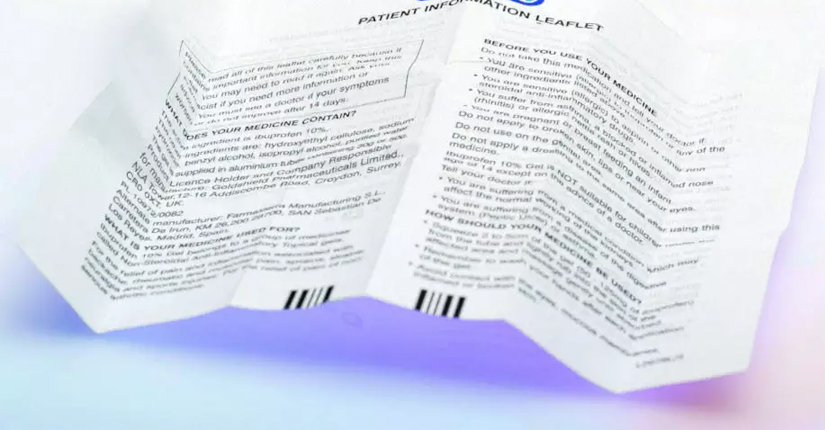- Clinic:
- 0733 945 717
- 0739 434 212

Take off your shoes, and limit bugs in your house
July 9, 2025Induction of labor: when is it necessary?
July 13, 2025Always read medication information leaflets

In the current era of proactive health, many people will end up using pharmaceutical products at certain points in their lifetimes. For some, it is curative or preventive meds. For others, it is in an attempt to control chronic conditions that require longterm medication. Whichever way, you must always be conversant with whatever medications you take. That’s what keeps you safe from potential harmful effects of pharmaceutical products.
If you look into the packaging of pharmaceutical products, you will always find an accompanying information leaflet that details vital information about your meds. Many people are in so much rash to take the prescribed meds that they never even notice the presence of the leaflet. Well, that’s putting too much trust on your healthcare providers. Don’t get me wrong, your doctors aren’t in the habit of prescribing harmful products. But the leaflet that accompanies your medication contains information that may not have been discussed, and provides you with an added layer of pharmaceutical safety.
So what information will you find in such leaflets? It’s really a summary of what the drug is, and what it does. You get to know the drug’s constituents and the strength of the active ingredients, which should match your doctor’s prescription. There is more details about what you should expect to feel after taking the meds, and a listing of side effects that you may experience. Any dangerous side effects are particularly highlighted, with accompanying advice on what to do in such cases. Then there is the expiry date, advice on storage, the best times to take the meds, etc. This is just a snippet, there’s so much more information crammed into those leaflets that you just can’t ignore. And it’s all spelt out in plain and simple language, which each and every lay person should easily understand.
So why read your drugs’ information leaflet when you could simply rely on what the doctor said? For starters, your doctors will never cover every detail about what they prescribe. Pharmaceutical companies have always known this, hence the handy summary that they readily provide. Whilst prescription meds are mostly beneficial, they can do untold harm if dished out without appropriate precautions. You may have heard of the term ‘drug errors’, not an uncommon cause of serious harm, or even death in healthcare settings.
So before you swallow the first lot of tablets, or get that injection, read the leaflet for yourself. Take in every summarized detail, and reread if necessary. Be especially aware of key issues like serious side effects, accidental over-dosage and what to do with forgotten doses. You are you own first layer of defense with prescription meds. Not reading your medication information leaflets leaves you open to avoidable harm that may inadvertently arise from well-meant pharma products.
Dr Alfred Murage is a Consultant Gynecologist and Fertility Specialist. amurage@mygyno.co.ke
